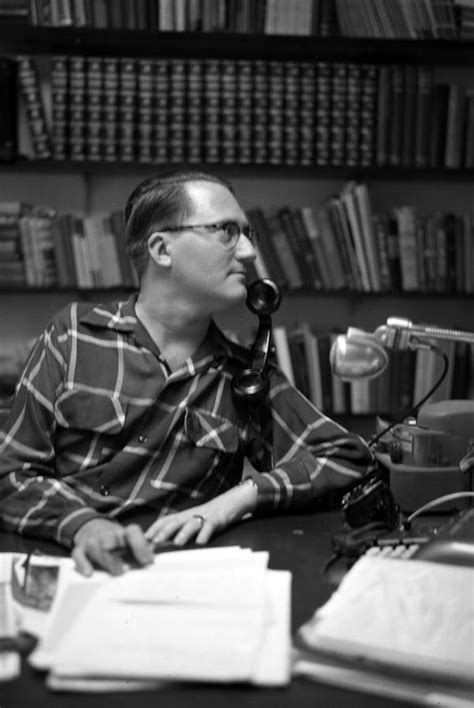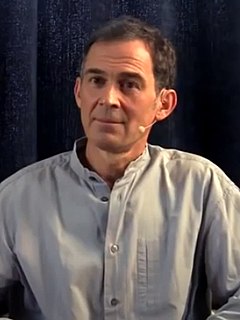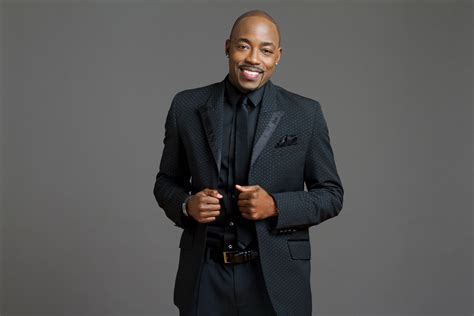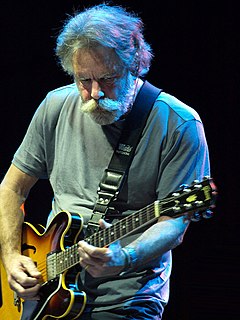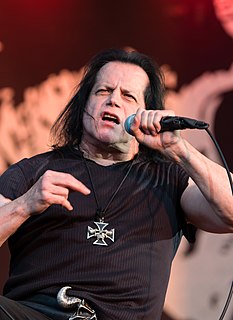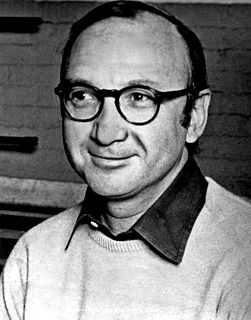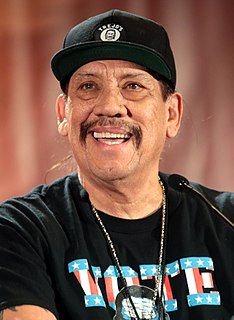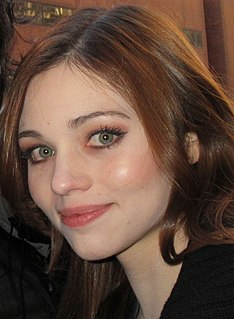A Quote by Ken Keyes Jr.
As the watcher of the screen, you are perfect. The movie that is playing on the screen might be horrendous, but you are not the movie. You are what is watching the movie.
Related Quotes
Al Gore has a hit movie called 'An Inconvenient Truth.' I have an inconvenient truth for him: you're still not the president. ... This past weekend, Al Gore's movie, 'An Inconvenient Truth,' earned more per screen than any film in the country. ... I dare say Gore's movie is the highest grossing PowerPoint presentation in history. ... Global warming: Can we live with it? ... It is time we did something, namely resign ourselves to doing nothing [on screen: Follow Congress' Lead]. ... For instance, when sea levels rise, we'll just build levees [on screen: Worked for New Orleans]
The Nice Guys movie was the first time in my career where what I wrote on the pages is on the screen. I'm more proud of it than anything else I've done. It is effectively what I wanted. If this movie's bad, it's my fault. It's not somebody else who changed or censored or edited it. This is the stuff I wanted, and that's what's on the screen, and if you don't like it, it's my bad.
